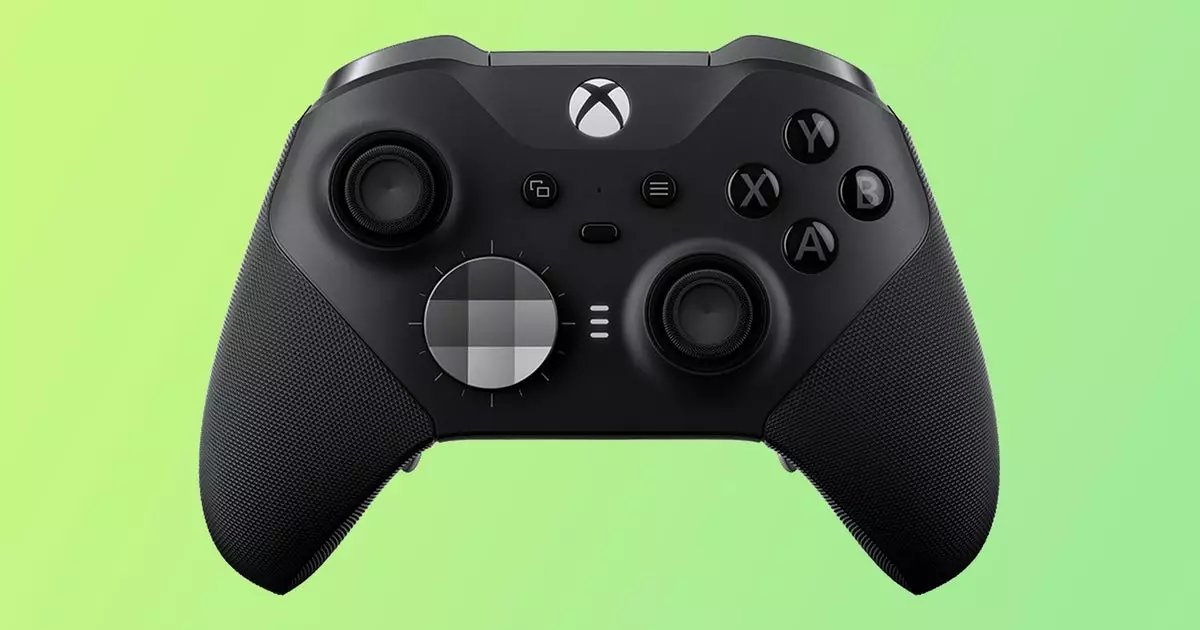In recent months, the Boycott, Divestment, and Sanctions (BDS) movement has increasingly set its sights on Microsoft. This strategic campaign urges gamers worldwide to rethink their loyalties to one of the industry giants, primarily due to the company’s purported collaborations with the Israeli military. The crux of the issue stems from allegations that have emerged linking Microsoft’s advanced technologies, including Azure cloud services and artificial intelligence, to military operations in Gaza amidst a humanitarian crisis. The potency of this development lies not just in the politics of the situation but in the potential ramifications for consumers and the gaming industry as a whole.
As consumers navigate their relationship with tech giants, it has now become crucial to examine the ethical implications of their spending choices. The BDS movement is not merely about economic sanctions; it’s a mobilization of consumer power aimed at initiating change through corporate accountability. The call to boycott is not just a reactionary measure but a statement emphasizing that consumers can influence corporate behavior through their purchasing decisions.
The Triggering Allegations
The recent allegations, which surfaced in early 2025, claim that Microsoft has provided the Israeli Defense Forces (IDF) with considerable technological support, valued at approximately $10 million. Reports highlight that while some of Microsoft’s services were ostensibly used for administrative tasks, there are dire suspicions around their application in combat and intelligence operations. This murky involvement shakes the trust that many consumers, especially gamers, place in a brand that has long represented a correlation between entertainment and social responsibility.
A report by the Guardian in collaboration with several other media outlets presented harrowing details about Microsoft’s supposed role in operations that impact civilian lives. The claim that Microsoft technologies help manage population databases and coordinate military logistics raises serious ethical questions. As we further engage with digital platforms, it’s essential for consumers to reflect on whether their patronage indirectly supports actions that contradict their values.
The Impact on Gaming Culture
In the wake of these allegations, the gaming community stands at a crossroads. The potential boycott of Game Pass subscriptions and popular titles like Minecraft and Call of Duty signals a robust intersection between consumer choices and ethical responsibility. The outcry from the BDS movement emphasizes the importance of aligning our entertainment choices with our moral compass. Gaming is often celebrated for community building and escapism; however, these allegations juxtapose that joy with significant ethical dilemmas about our collective participation in these ecosystems.
Moreover, the action called upon by figures like Abdo Mohamed and Hossam Nasr—former Microsoft employees who were let go following their advocacy for Palestinian rights—illustrates an even deeper connection between corporate practices and individual activism within the gaming spaces. Their own experiences highlight the challenges faced by those who attempt to raise awareness about grave ethical issues in corporate environments. The retaliation they faced sheds light on a broader culture of silencing dissent within major corporations.
Consumer Power and Corporate Accountability
In an age where digital services govern so much of our lives, the ramifications of consumer movements such as the BDS campaign cannot be understated. Today’s consumers wield a powerful tool by utilizing their voices and choices to push for change. The shift in focus to Microsoft’s practices reflects a growing trend whereby consumers demand accountability from corporations, spurring dialogues that may once have seemed too daunting or removed from everyday life.
The critical involvement of consumers illuminates a larger societal imperative: the necessity of merging our identities as gamers with our roles as global citizens. When entertainment is intertwined with ethical implications, the choice to participate or withdraw becomes a defining measure of our character. Boycotting Microsoft’s gaming portfolio goes beyond the realm of personal preference; it becomes a profound statement against complicity in actions that violate basic human rights.
As the gaming community collectively navigates the implications of these emerging narratives, the power of informed choices stands paramount. Whether through abstaining from purchasing a game or raising awareness on social platforms, each decision holds the potential to sway corporate action and redefine gaming culture for generations to come. It’s time we take a stand—not just for our entertainment but for justice and accountability on a global scale.


Leave a Reply